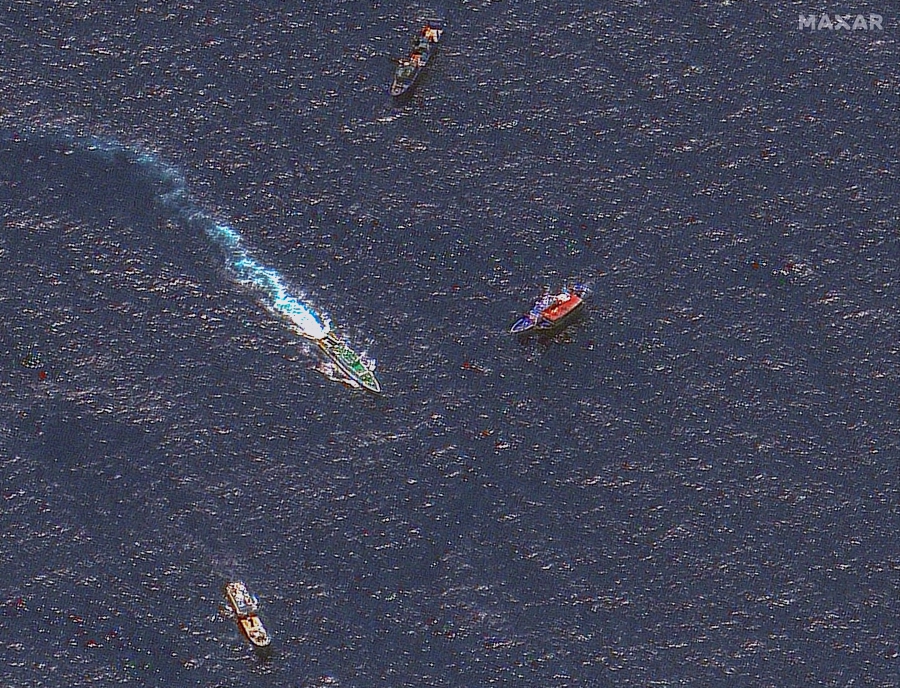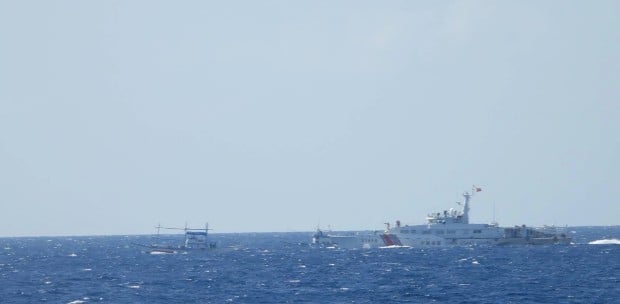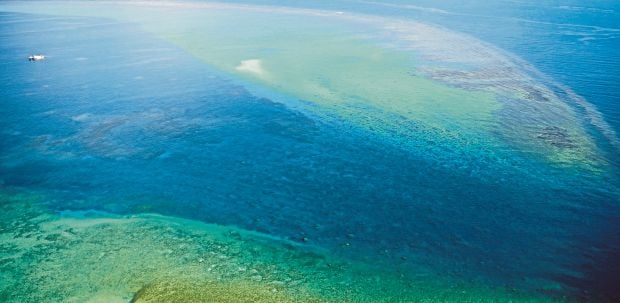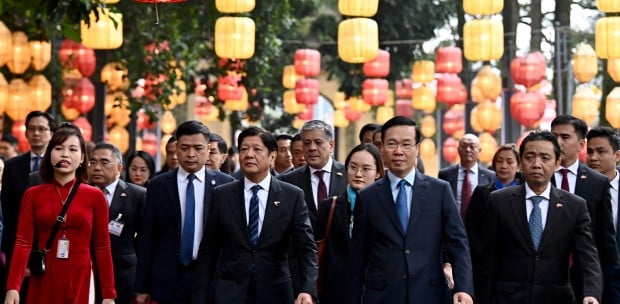THERE are currently two geopolitical flashpoints in Asia: Taiwan and the South China Sea off the Philippine coast which the Philippines has in recent years renamed as the West Philippine Sea.
Both are perhaps equally serious matters of concern because of the potential for them to quickly slip down the slippery road towards armed confrontation between the incumbent superpower, the United States, and the rising one, China.
Of late, the West Philippine Sea seems to be more of a concern. Chinese coastguard vessels there have been engaged in something like a cat-and-mouse game with Philippine naval vessels.
In recent weeks, several Filipino sailors have been injured by Chinese vessels shooting water cannons at them.
The Philippine media, unsurprisingly, went to town splashing photographs of the sailors with bandaged heads and decrying Chinese bullying of Filipinos minding their own business within their territorial seas.
Officials from Philippine President Ferdinand (Bongbong) Marcos Junior down vowed that they and the Filipino people will be unyielding in the face of what appears to be a deliberate Chinese effort at escalating the long-simmering dispute over ownership of physical features in the sea in question.
The Philippines has international law backing it. The only trouble is that China ignores legal rulings that the Philippines fought for and won. A particular sore point has been a Philippine naval vessel deliberately beached on a disputed islet to press home the Philippine claims.
Each time Philippine vessels approach the rusting hulk of the vessel on a supply mission (Filipino sailors are still based aboard the vessel), they will be harassed by Chinese vessels. The harassment seems to be increasing in tempo ever since Marcos assumed the presidency and turned away from his predecessor Rodrigo Duterte's more accommodating policies towards China.
In the past week, senior officials serving under Duterte had revealed some sort of understanding reached between Duterte and Chinese President Xi Jinping that allowed for fishing in the disputed sea and supplying only food and provisions to the sailors on the stranded Philippine navy ship.
The revelation was promptly criticised as Duterte caving into China over purely Philippine matters.
Marcos' pivot back towards its traditional ally, the US, has naturally not gone down well with Chinese leaders. The Philippine president has not only sought out the US but other major powers such as Japan, India and Australia. He has won not just verbal support but substantial increases in military assistance from these countries.
The clear danger is of the Philippines over-reaching as it seeks international backing over its claims.
There is even a possibility of the country getting out of step with its own Asean member-countries such as Malaysia, Vietnam and Indonesia which, despite their maritime disputes with China, are also actively engaging the Asian power, particularly in the economic sphere.
Of course, as with the Taiwan dispute, the smart money is still on cooler heads prevailing all around.
That said, senior American military officials have not just regularly voiced support for the Philippines but, in the face of recent Philippine naval injuries, have publicly committed to "intervening" for the Philippines if injuries result in any fatalities.
The possibility, however remote, is always of accidents or any untoward, even unplanned, incident quickly escalating into armed conflict.
Meanwhile, expect China to exploit any political divisions in the Philippines, most especially given a very public falling-out between Marcos and the Duterte clan, including Vice-President Sara Duterte, in the run-up to suddenly contentious mid-term national polls next year.
Driving wedges between the Marcos and Duterte clans may be too tempting a target for China given the prevailing bad patch in Sino-Philippine relations.
Anxious observers both at home and abroad must worry if the Philippines proves to be the weak link in the geopolitical contest of the day.
The writer views developments in the nation, region and the wider world from his vantage point in Kuching






